Russia’s economy is “definitely and strongly overheated,” according to Herman Gref, the CEO of Sberbank, Russia’s largest bank by assets value. According to TASS news report, Gref made these remarks while speaking in parliament, highlighting that the current production capacity has reached a historically high level of 84%. He emphasized that it is “impossible” to exceed this production capacity and produce more, signaling significant strain on the economy.
Despite the West’s sweeping sanctions, Russia’s economy has shown a remarkable resilience, with a reported GDP growth of 3.6%. However, this apparent robustness is primarily driven by wartime activities, which generate demand for military goods and services, along with subsidies and sharp policy-making strategies. These factors create a misleading picture of economic health.
Sergei Guriev, a former chief economist at the European Bank for Reconstruction and Development, noted that GDP figures during wartime are not reliable indicators of economic performance. He explained that while the production of weapons and munitions might boost GDP, they do not improve the quality of life for Russians or contribute to long-term economic growth.
The Russian economy is under significant strain from the ongoing conflict in Ukraine, which has now lasted more than two years. The central bank’s tight monetary policy, with a key interest rate at 16%, aims to combat inflation and stabilize the economy. Gref acknowledged the challenges posed by this high-interest rate environment, describing it as “unpleasant” but necessary to avoid outcomes similar to Turkey’s economic crisis, where interest rates were raised to 50% to curb inflation.
Elvira Nabiullina, Russia’s top central banker, had previously warned in December that the country’s economy was at risk of overheating. This concern is compounded by a labor crisis, exacerbated by the ongoing war in Ukraine, which is diverting manpower away from the economy. Official data shows that Russia’s unemployment rate hit a record low of 2.6% in April, while real wages jumped nearly 13% in March compared to the previous year.
The labor shortage has become so severe that the Russian military is offering competitive sign-on bonuses and salaries, surpassing even the lucrative oil and gas industry. This situation contributes to rising inflation, which stood at 8.17% from May 28 to June 3, up from 8.07% the previous week.
As Russia’s central bank prepares to announce its next interest rate decision on Friday, the nation faces mounting economic challenges. The overheating economy, coupled with the pressures of wartime activities and labor shortages, paints a complex picture of resilience and vulnerability. The coming months will be crucial in determining how Russia navigates these economic hurdles.
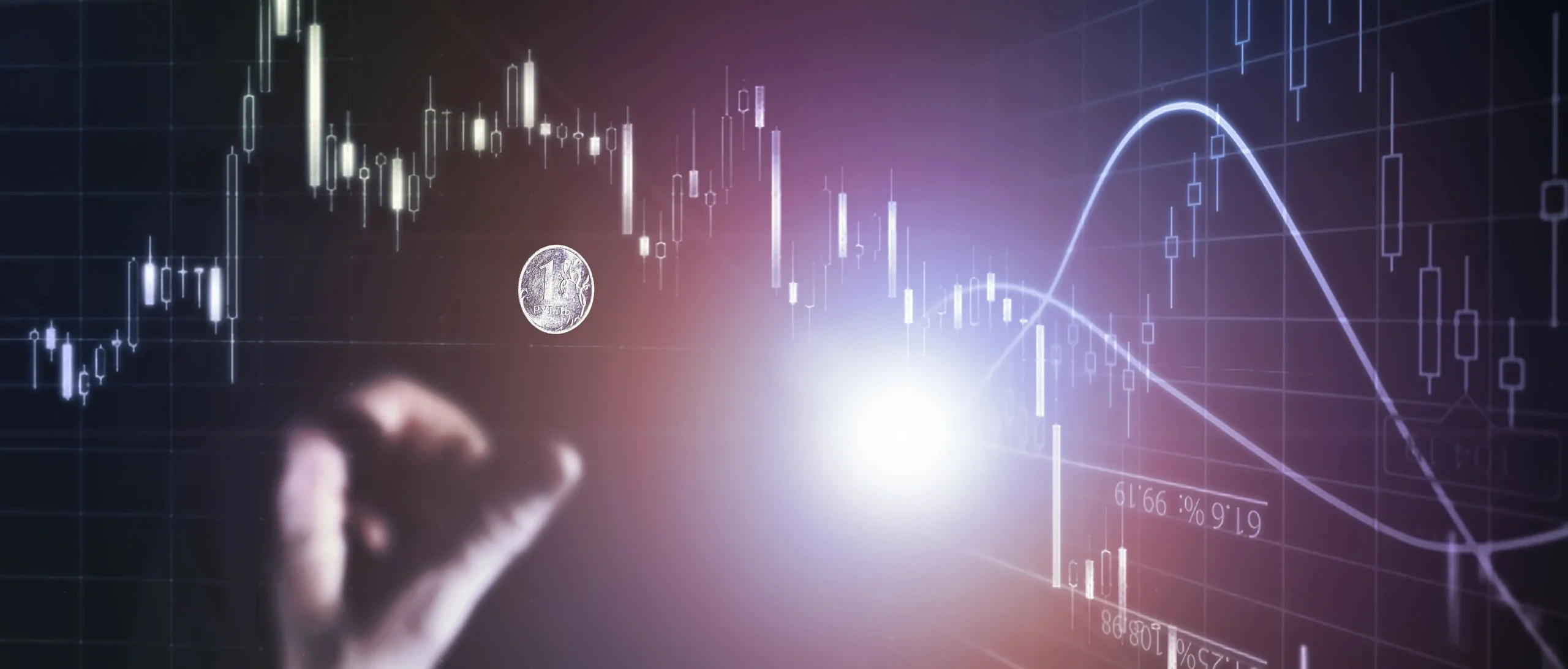
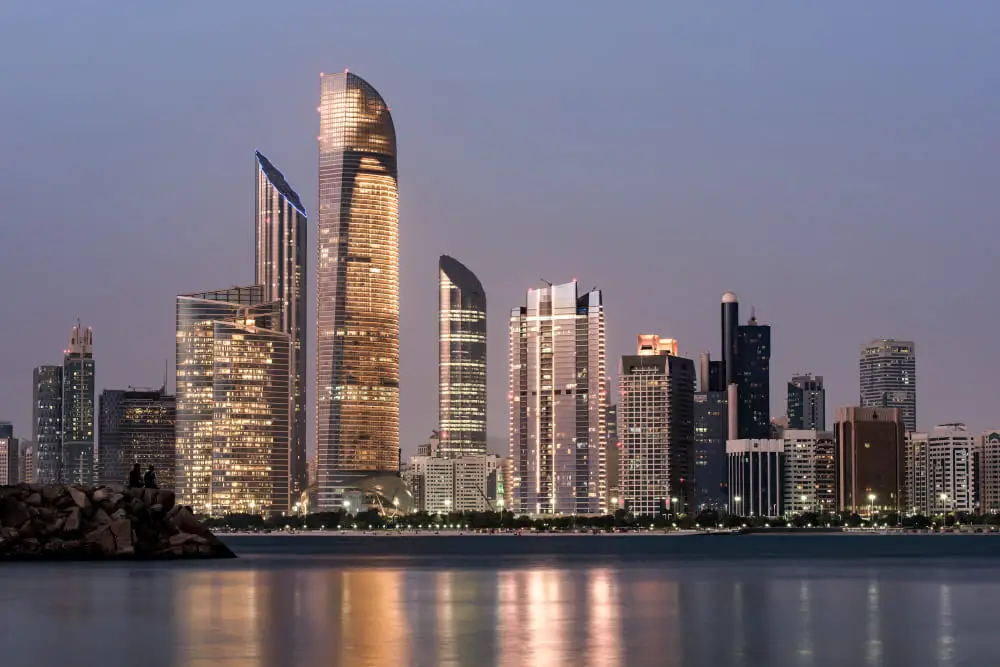
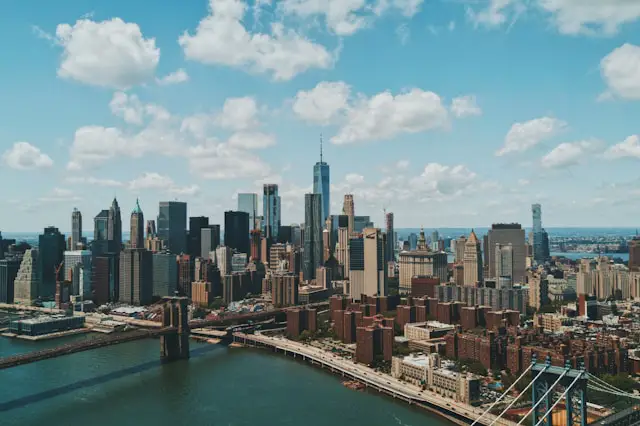
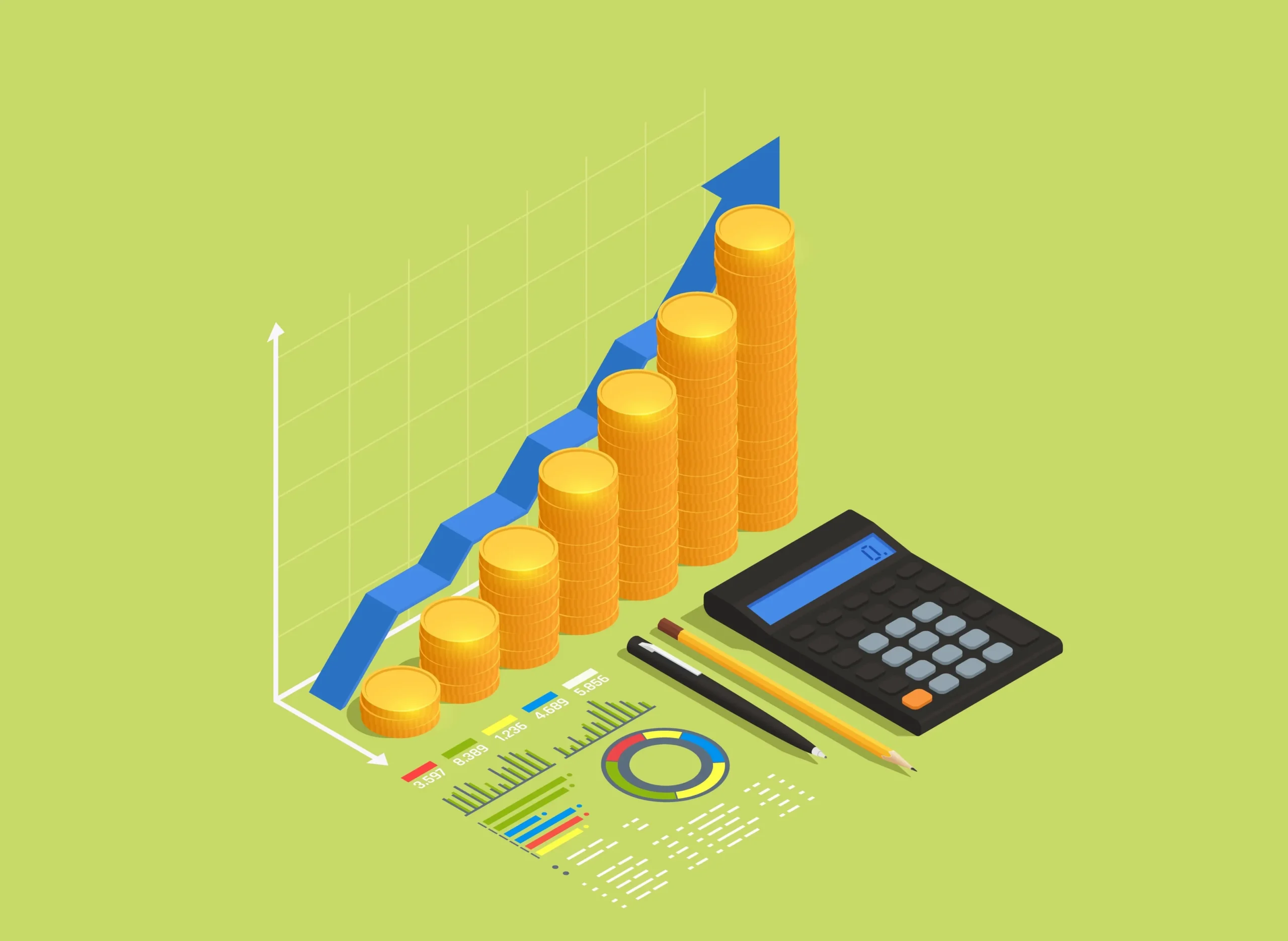
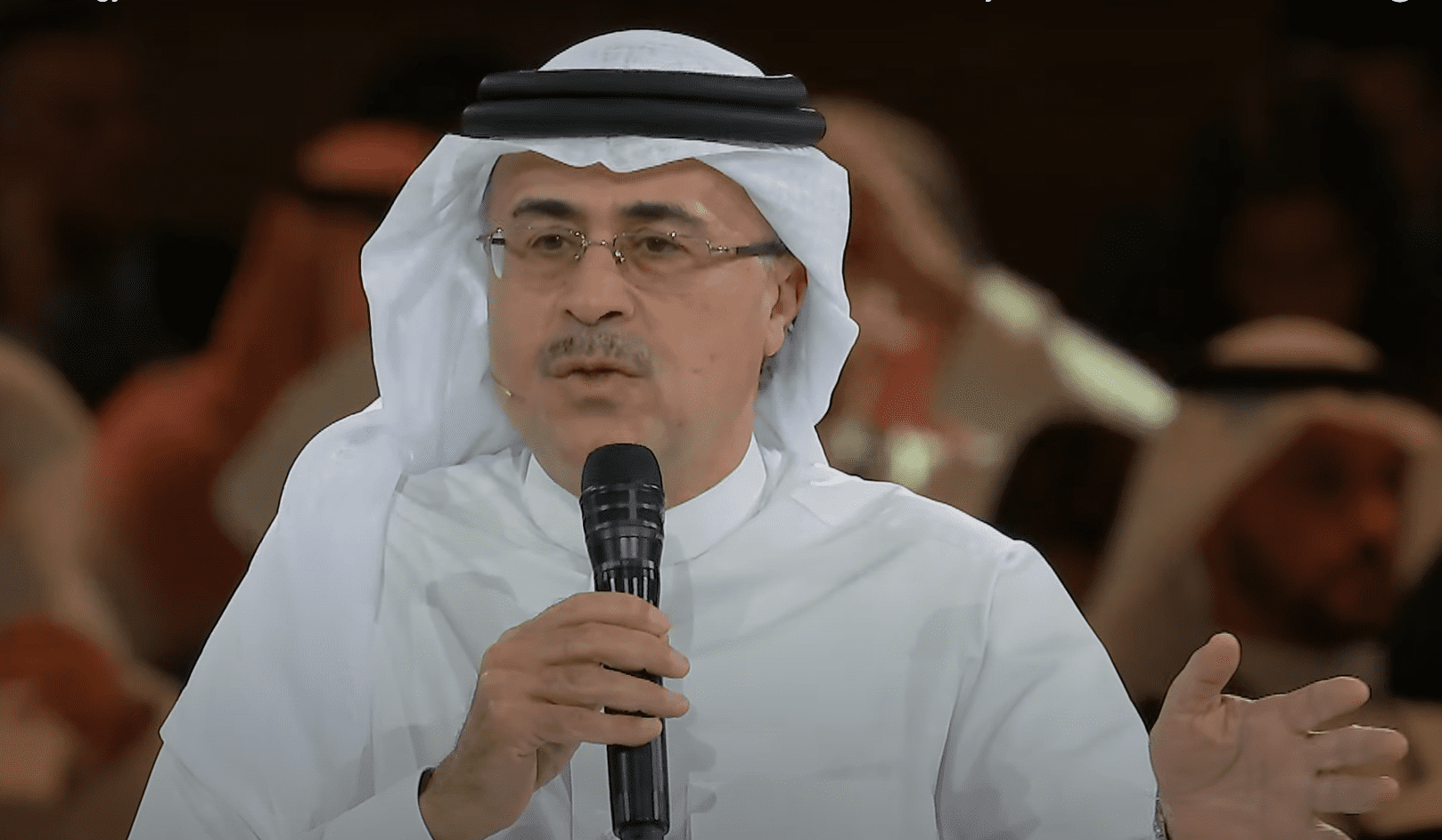



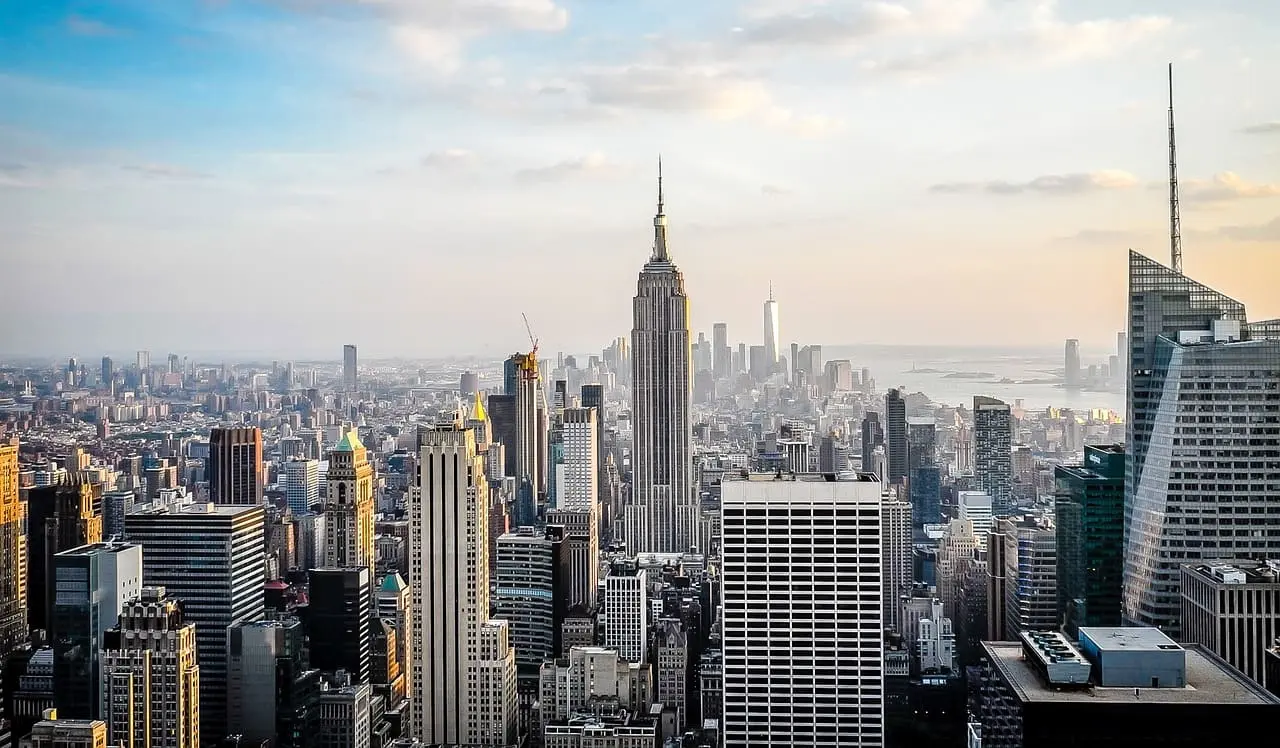

Leave a Reply